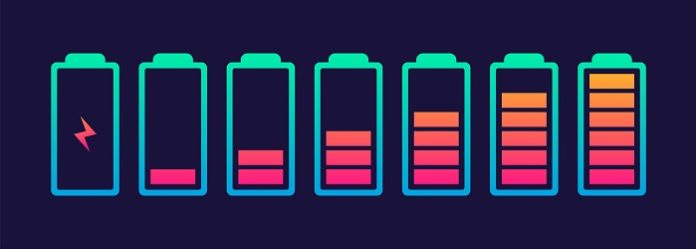Lithium Silicon Battery Market size is projected to grow from USD 10 million in 2022 to USD 247 million by 2030 at a CAGR of 48.4% during the forecast period from 2022 to 2030, according to a new report by MarketsandMarkets. The report “Lithium Silicon Battery Market by Material, Technology, Capacity, Application (Consumer Electronics, Automotive, Aerospace & Defense, Medical Devices, Energy) and Region – Global Forecast to 2030”.
The increasing use of lithium-ion battery-based electric grid storage systems is expected to open new market avenues for lithium silicon battery technologies. Next-generation li-ion batteries will likely use silicon anodes that utilize silicon nanotubes or a coating of silicon material. This will result in significantly higher energy storage and longer battery life.
Silicon is a preferred anode material for lithium batteries, as it has a low discharge potential and the highest known theoretical charge capacity of 4,200 mAh per gram. Some major companies have undertaken R&D to develop and commercialize lithium silicon batteries.
The market for < 3,000 mAh is expected to grow at a significant CAGR during the forecast period
Consumer electronics is the only market that has successfully tested the application of lithium silicon batteries commercially. Consumer electronics have smaller energy needs that can be fulfilled with <3,000 mAh batteries. These batteries are lightweight, compact, and have an excellent charge and discharge cycle rate. However, they have a shorter shelf life than higher-capacity variants. They are designed for applications that require a nominal amount of power. The batteries provide a good cycle performance due to nano geometry and superior electrical conductivity. They also have low first-cycle irreversible capacity losses. Various companies are researching and developing >3,000 mAh batteries for future applications in consumer electronics such as hearing aids, smartwatches, headphones, and remote controls.
The market for consumer electronics applications is expected to hold the largest market share during the forecast period
Li-ion batteries are used widely as a portable power source for consumer electronics such as wearables, smartphones, tablets and laptops, consumer & delivery drones, home devices, and AR/VR devices. Technological changes and development in the consumer electronics industry have resulted in compact, lighter, and higher-performance products; however, Li-ion batteries showed several drawbacks such as size, energy capacity, and weight. Hence, several companies are developing lithium silicon batteries as an alternative. Furthermore, wearables, designed and required to be thin, small, and lightweight, also need high-capacity batteries. This has driven attention toward lithium silicon batteries in wearables. Some companies have tested their wearables with lithium silicon battery power.
North America to hold substantial market share during the forecast period
The North American lithium silicon battery market is segmented into the US, Canada, and Mexico. The region is home to most key market players; many products have been commercialized in the US and used in small consumer electronics. North American companies are developing lithium silicon batteries for EVs, consumer electronics, and energy applications. North America is a highly competitive market due to the presence of several players in the US.









